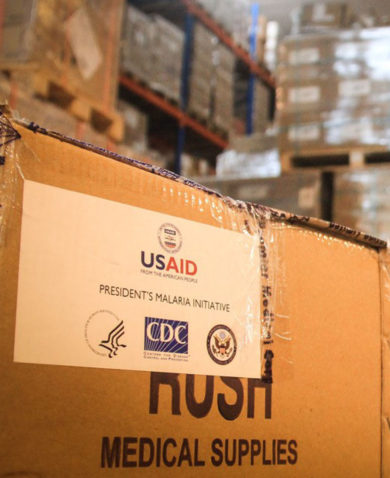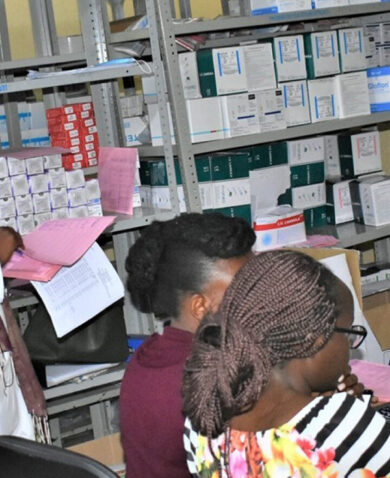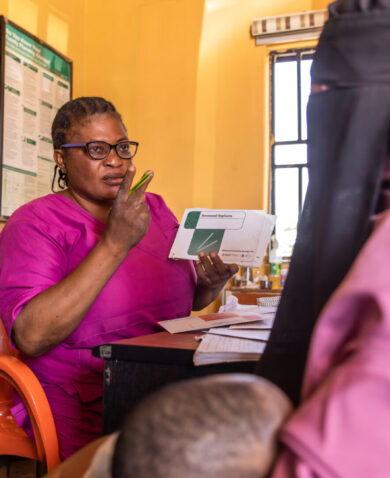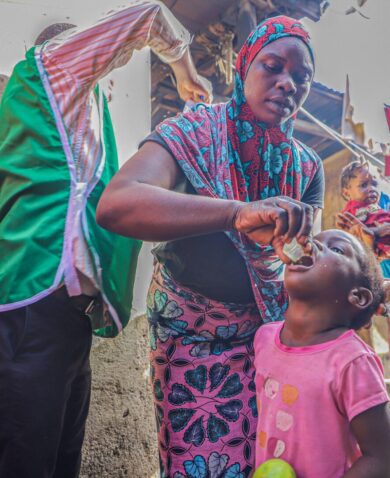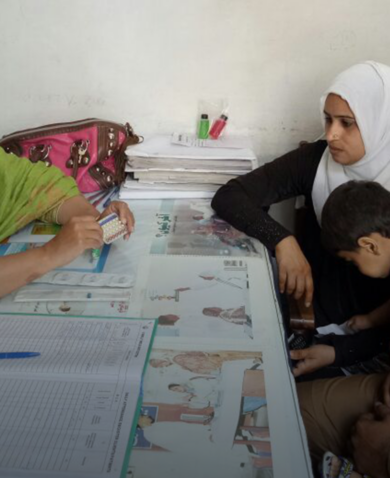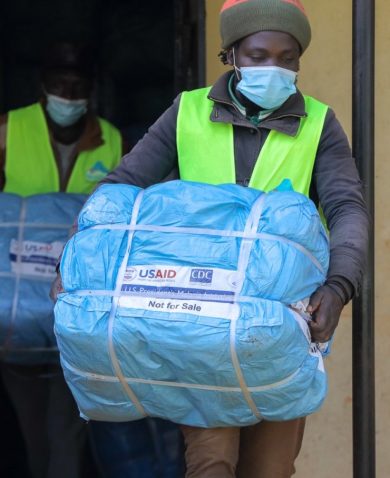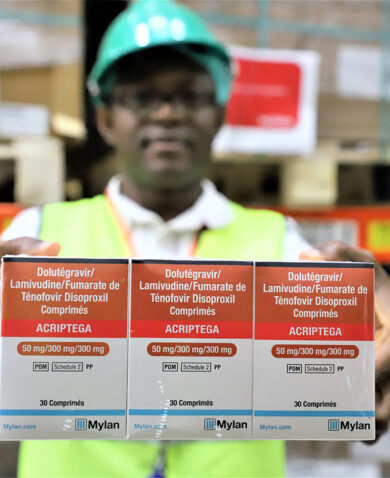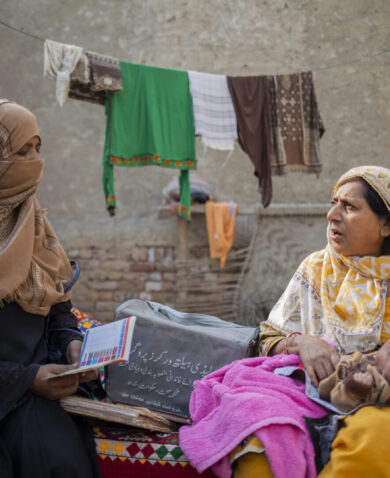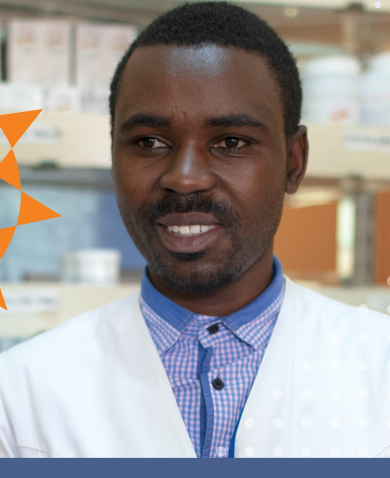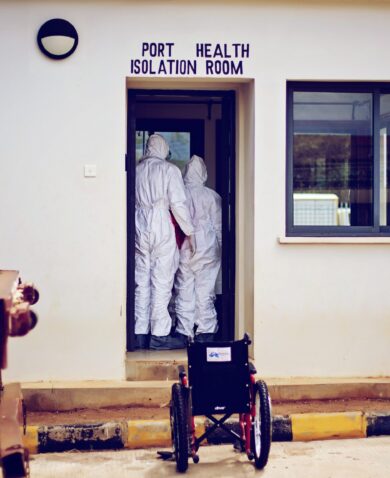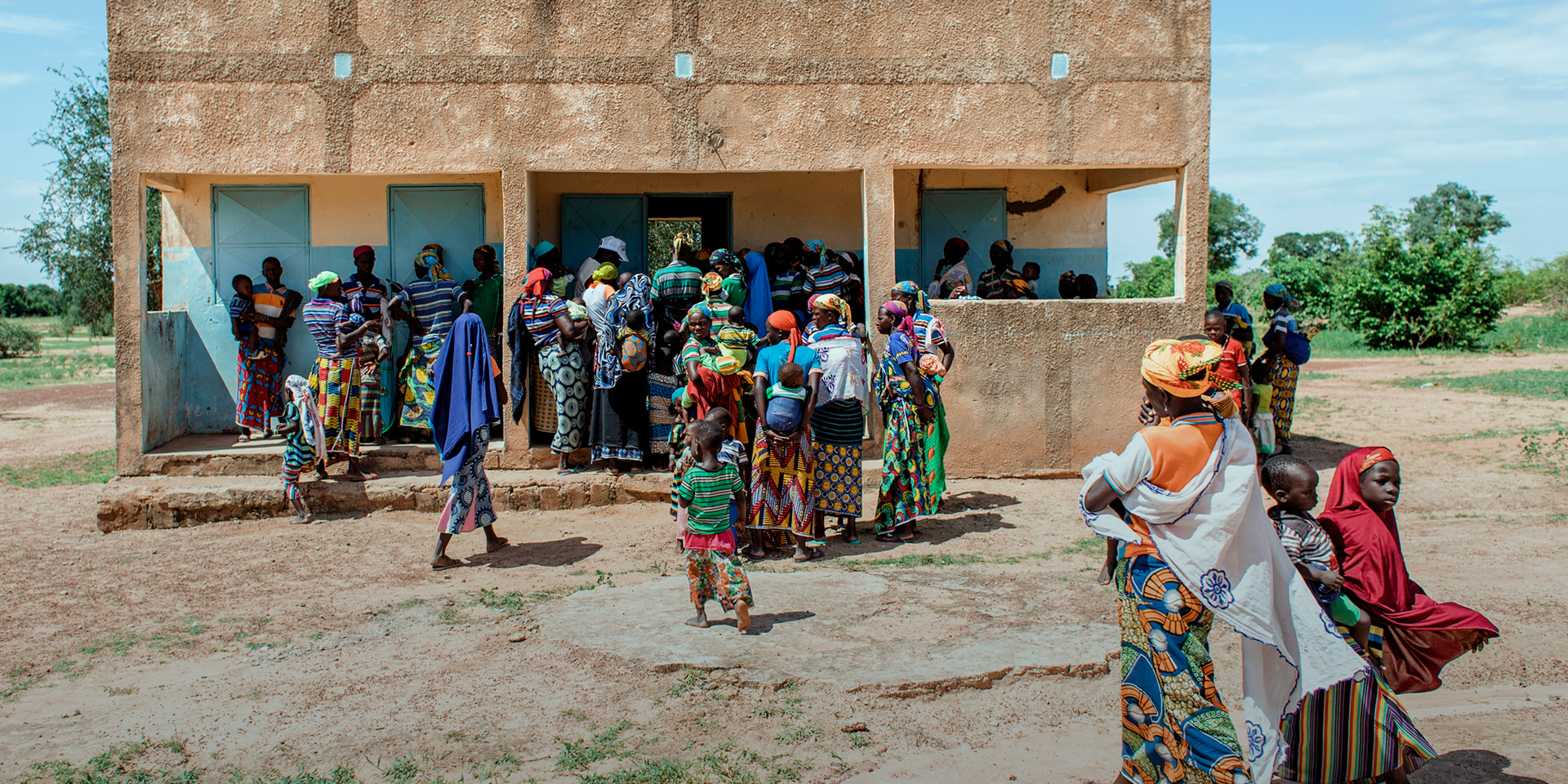
Want Global Health Security? Look to Health Systems, Financing, and the Private Sector
December 4, 2018 | 4 Minute ReadThe Global Health Security Agenda has launched its new GHSA 2024 framework. But, success hinges on stakeholders’ ability to erase the conventional divide between public health systems and global health security and adopt a more integrated, people-centered approach.
With the recent Ebola outbreak in the Democratic Republic of Congo and the worst famine of the century in Yemen as a backdrop, delegations from member countries gathered in Bali last month for the Fifth Global Health Security Agenda (GHSA) Ministerial Meeting. Since its inception in 2014, the GHSA has achieved a considerable number of milestones to strengthen countries’ capacities to prepare for public health emergencies. However, major challenges continue to put our communities at risk for natural, deliberate, and accidental threats. Recognizing this, GHSA leadership launched GHSA 2024 — its mandate for the next five years — in Bali. The GHSA 2024 framework underscores effective integration of multisectoral and multistakeholder work to achieve sustainable and measurable results toward common targets for global health security.
While the global high-level ministerial commitment to the GHSA 2024 framework is a promising step, major challenges remain with the implementation and conceptualization of GHSA that require the attention of the global community. To ensure nations are on the path for successful implementation of their GHSA action plans, stakeholders must emphasize the need to:
- Approach global health security in the context of the overall health system to achieve universal health coverage
- Integrate health financing as a pillar of GHSA, rather than an afterthought
- Promote the private sector as an indispensable player in the achievement of GHSA goals
Quality Health Systems Underpin Global Health Security
The global health community has conventionally treated global health security as a separate discipline focused primarily on preparedness and response to infectious disease threats. However, a closer look at the newly published high quality health systems framework reveals that we cannot achieve global health security without the creation of an equitable, resilient, and efficient health system for all people. Attainment of universal health coverage through quality health systems that focus on disease prevention and promotion is the foundation of communities’, nations’, and global public health security.
There is growing awareness that global heath security requires an integrated, people-centered approach to health systems. This approach must account for workforce development, strong governance, communication platforms, supply chain management, use of data for decision-making, and functional infrastructure. Lack of proper programming and financing of these different components of the health system is the basis for health systems’ vulnerabilities. These vulnerabilities, although not always evident during routine health service delivery, quickly become the weakest links of the health system in acute situations. They can cause a cascade effect and jeopardize the ability of the entire health system to adequately respond to disease threats. We saw this sad reality during the Zika outbreak in 2016. Globally, we need to advocate for approaches that consider health security and public health systems as mutually reinforcing, rather than distinct, entities. The only way we can build resilient health systems that effectively respond to outbreaks is by viewing global health security through the lens of universal health coverage, which relies on high-quality primary health care and integrated health systems strengthening efforts.
Health Financing: A Piece of the Global Health Security Financing Pie
During the Fifth GHSA Ministerial Meeting, Dr. Mukesh Chawla, chief adviser for global health security at the World Bank, indicated that it costs somewhere in the range of 50 cents to one dollar per person per year to strengthen preparedness. The rhetoric around financing global health security has been focused on the need to fund the threat of tomorrow rather than the service delivery of today! This rhetoric indirectly and unintentionally deprioritizes financing of health security, especially in resource-scarce countries challenged with food insecurities, conflicts, and lack of adequate funding for essential health services. Global health security financing is about strengthening the routine health services being delivered today, covering the spectrum from reproductive health to immunizations. It is time for financing to be hardwired into our approach to global health security, ensuring sustainability and, more importantly, economic security. As we think about successfully achieving the goals of GHSA 2024, health financing should no longer be the afterthought of health security planning but rather an integral and structured component of prioritization, planning, monitoring and evaluation, implementation, and accountability. The GHSA experience over the past five years has underscored the need for a new priority area, or “action package,” specific to GHSA financing. The launch of this action package is much anticipated.
Tapping the Private Sector for Global Health Security
The Fifth Ministerial Meeting convened under the theme “Advancing Global Partnerships” at the global, regional, and national levels. What about leveraging private sector partnerships? The private sector has been a largely untapped and underused resource for GHSA. Fortunately, the Private Sector Round Table (PSRT) — a member-lead and member-driven platform — was announced and recognized as a permanent member of the GHSA Steering Group during the ministerial meeting. This increased acknowledgment of the indispensable role the private sector and non-governmental partners can and should play in achievement of GHSA goals is a step in the right direction. Not only is the private sector home for innovations, technology, and novel communication strategies, but engagement of the private sector brings a wide range of expertise and perspectives that are complementary to public resources. These can create a multiplier effect in achievement of country aspirations toward common goals. This is the time to start thinking of the private sector beyond the donation model and start thinking of it as a resource. The global health community needs to acknowledge that without the private sector, especially the local private sector, solutions are incomplete and unsustainable. As a member of the PSRT, Chemonics seeks government and non-government stakeholders for future collaborations and partnerships.
Global Health Security: The Way Forward
There is increasing recognition within the global health community for the need to move away from the conventional divide between public health systems and global health security towards a more innovative and integrated people-centered approach. This approach requires thinking of health security within the broader context of health systems strengthening, leveraging resources such as the private sector and civil societies, and continuously thinking of global health security financing as a long-term investment rather than an outbreak-related cost.
Photo Credit: USAID HRH2030
Posts on the Chemonics blog represent the views of the authors and do not necessarily represent the views of Chemonics.









